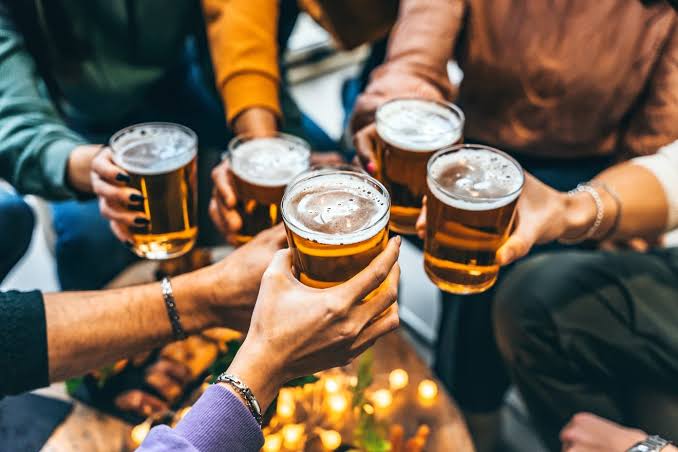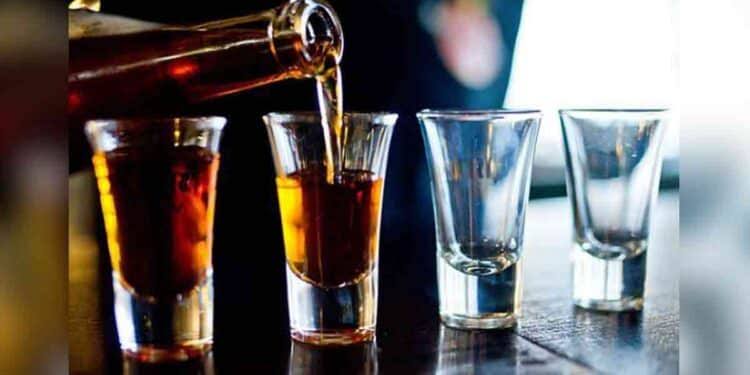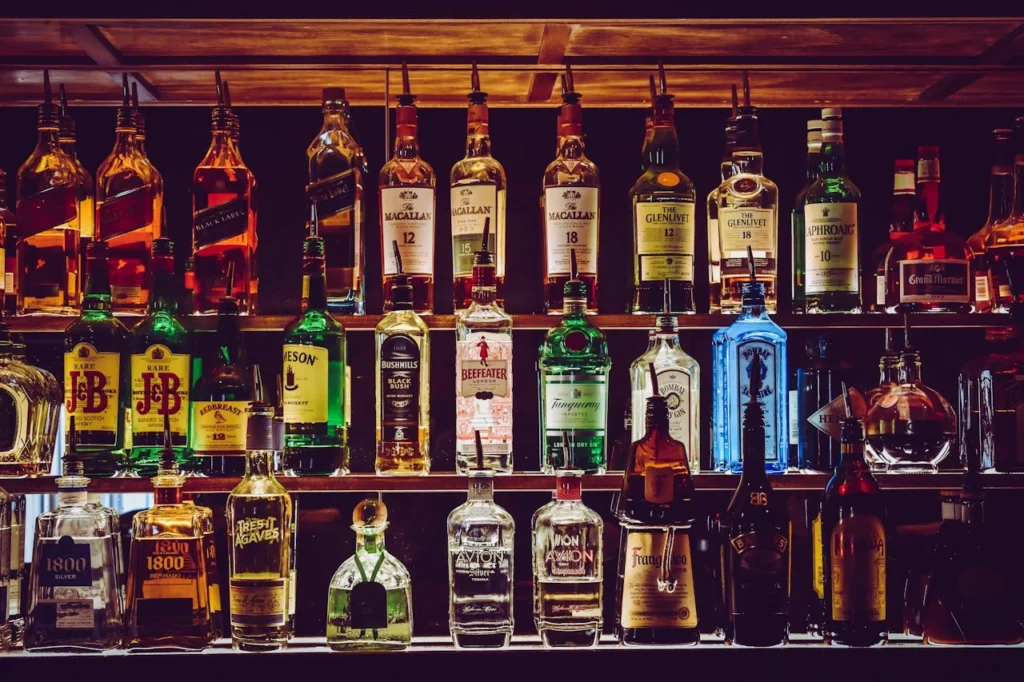
Faith Nyasuguta
Kenya has unveiled a sweeping new policy aimed at curbing alcohol and drug abuse, especially among the youth. Under the new 2025 National Policy on Alcohol, Drugs and Substance Abuse, the legal age for drinking, purchasing, and selling alcohol has been raised from 18 to 21 years. The policy, approved by the Cabinet on June 24, also restricts alcohol sales to licensed bars only – effectively banning sales in supermarkets, convenience stores, online platforms, vending machines, and home delivery services.
The Interior Ministry, working with NACADA (the National Authority for the Campaign Against Alcohol and Drug Abuse), has said these measures are in response to rising rates of alcohol consumption and addiction among youth. According to NACADA, nearly 13% of Kenyans aged 15 to 65 consume alcohol, with the highest usage among those aged 18 to 24. Alarmingly, one in every ten high school students has already used alcohol, and children as young as six are reportedly exposed to drinking within their homes.
Raising the drinking age is backed by research indicating that early exposure to alcohol increases the risk of lifelong dependency, mental health challenges, and risky behavior. Experts point to international success stories – such as the United States, where raising the drinking age to 21 reportedly led to a significant drop in alcohol-related road deaths. Japan also recorded a decline in alcohol-related illnesses after tightening its laws.

Beyond raising the drinking age, Kenya’s new policy imposes tough restrictions on how and where alcohol can be sold. No alcohol sales will be allowed within 300 meters of schools, places of worship, or residential estates. The policy also bans marketing that targets the youth – prohibiting celebrity endorsements, social media campaigns, and alcohol advertising during children’s programs or school events. In addition, all alcoholic beverages must now carry health warnings in both English and Kiswahili.
The policy takes a new approach to addiction, framing it as a public health issue rather than purely a criminal one. It calls for the expansion of treatment and rehabilitation centers, supported by a new Solatium Compensation Fund – financed by levies on alcohol producers – to help with recovery programs. Public officials involved in licensing and regulation will now be barred from owning alcohol-related businesses to eliminate conflicts of interest.
Implementation will largely fall to county governments, which are expected to lead enforcement through community-led frameworks. However, Kenya has previously struggled to enforce similar crackdowns. Thousands of illegal bars have reopened after enforcement campaigns, particularly in informal areas. Without strong oversight and public support, some fear the same outcome.

Critics also warn that harsh restrictions could drive young people toward illicit or counterfeit alcohol, which is often more dangerous. Others argue that such reforms, though well-intentioned, could hurt legitimate businesses and impact tax revenues.
Still, many Kenyans support the move, especially those concerned about the normalization of alcohol in daily life. Some say youth now see alcohol as a status symbol, glamorized on social media and widely accessible. By raising the age, limiting access, and changing messaging, the government hopes to shift public attitudes and protect the country’s future generations.
RELATED:



